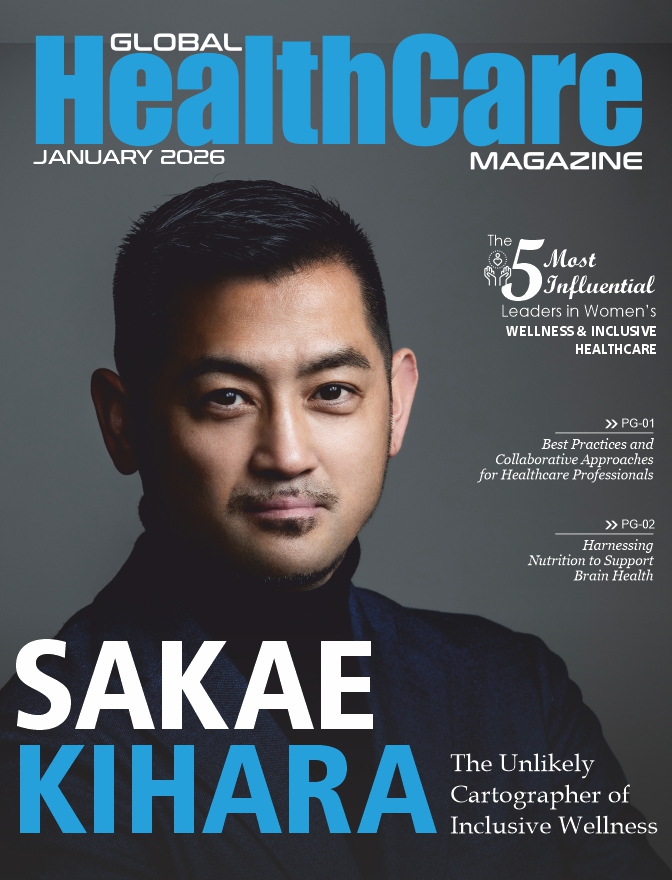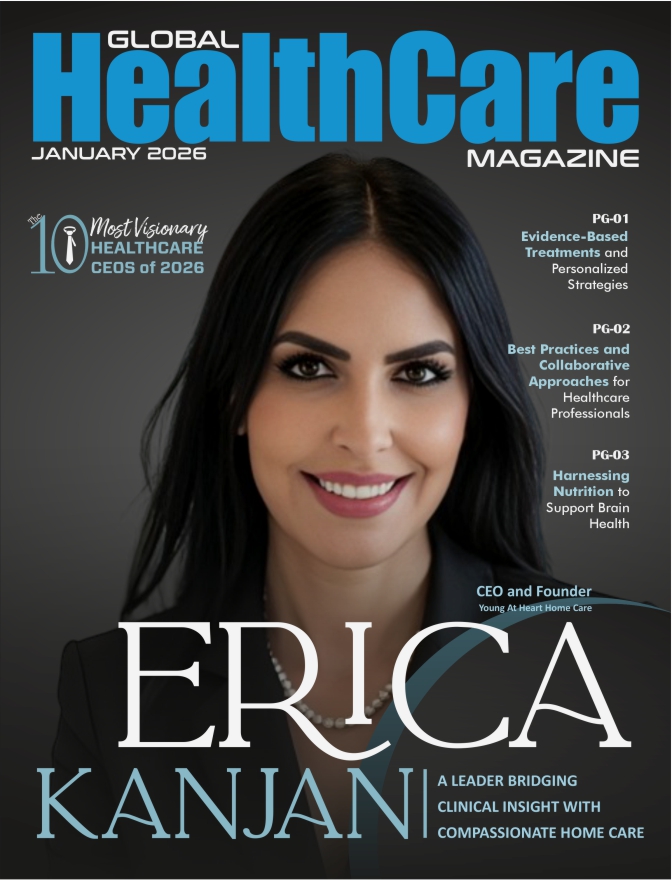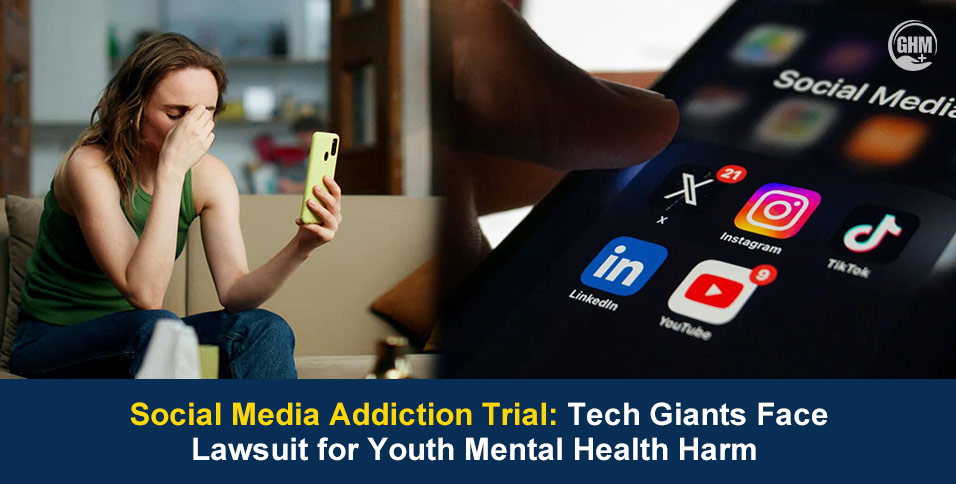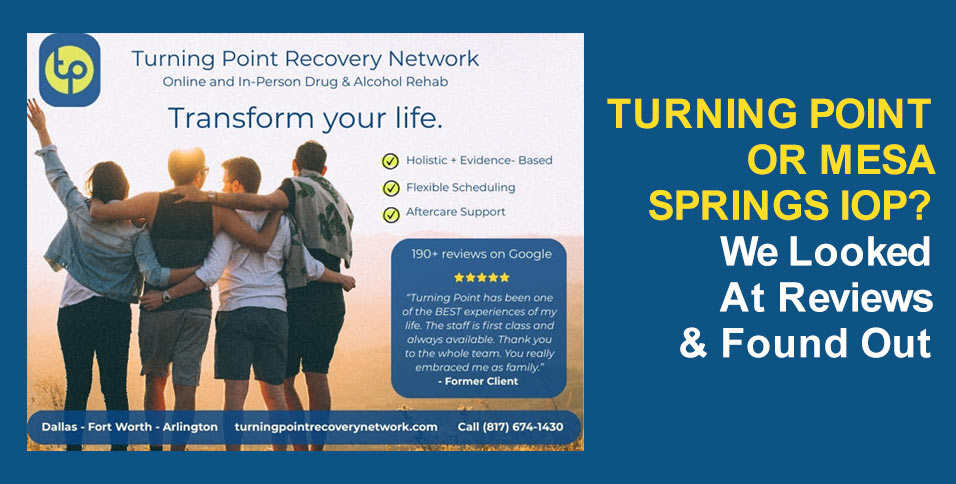Addressing psychological trauma, especially Post-Traumatic Stress Disorder (PTSD), presents opportunities for significant advancement within the mental health field. While there are various therapeutic modalities available, many established approaches can be complex, potentially burdensome for clients, and time-consuming in delivering lasting results. Consequently, there is a compelling need for innovations that enhance the efficiency and overall experience of trauma therapy.
Dr. Mike Deninger, Chief Executive Officer of Trauma Counseling & Training of Tucson, is passionately committed to addressing these challenges. With advanced degrees from Gallaudet University in Special Education Administration (PhD) and Counseling (MA), Dr. Deninger combines strong academic credentials with practical clinical experience. He is a Licensed Professional Counselor, an author, and a certified trainer in Neuro-Linguistic Programming (NLP) and Ericksonian Hypnotherapy. Drawing from his insights into the limitations of traditional trauma therapies, he developed Multichannel Eye Movement Integration (MEMI), a promising alternative approach.
This cover story will explore the origins and core principles of MEMI, the establishment of Dr. Deninger’s organization (Trauma Counseling & Training), its strategy for promoting this innovative treatment, and the evidence supporting its claims of enhanced efficiency and greater client tolerability compared to existing methods.
Identifying the Need: A Critique of Conventional Trauma Therapy
Dr. Deninger’s development of MEMI is a compelling example of how personal experience can inform professional expertise. He built a successful career in Deaf education, eventually taking on a national leadership role at Gallaudet University. However, in his 40s, he faced significant life changes. After achieving a year of sobriety, he sought treatment for PTSD resulting from childhood sexual abuse. This transformative period also saw him come out as a gay man and shift to a rewarding career in mental health counseling, where he has been active for 25 years as a therapist, author, and trainer.
Through his own experience in trauma therapy, Dr. Deninger gained important insights into the treatment process. He recognized that many prevailing approaches, particularly “top-down” cognitive and behavioral therapies, were not meeting the needs of clients. For instance, he critiques traditional therapies which the American Psychological Association reports require 15 to 20 sessions for only 50 percent of patients to recover. He describes cognitive behavioral methods as “too complicated, hard on clients, and agonizingly slow.” He noted that these methods frequently involve clients discussing or writing about their traumas repeatedly, a process that can be daunting and is linked to higher dropout rates.
This observation led him to seek out a more efficient and compassionate therapeutic process—one that would be quicker and less burdensome for clients, while still effectively addressing traumatic memories. Drawing from his training in NLP (Neuro-Linguistic Programming) and Ericksonian Hypnotherapy, Dr. Deninger began to explore “bottom-up” sensory-based approaches. These methods leverage the mind and body’s neurological systems to facilitate healing in a more direct and accessible way. His work holds great promise for creating a more supportive and effective therapeutic environment for those dealing with trauma.
The MEMI Solution: A Bottom-Up, Sensory-Focused Approach
Leveraging his diverse background, Dr. Deninger developed Multichannel Eye Movement Integration (MEMI), which he describes as an expansion of NLP’s original Eye Movement Integration technique. He codified this approach in his 2021 book, “Multichannel Eye Movement Integration: The Brain Science Path to Easy and Effective PTSD Treatment.”
MEMI operates on a unique theoretical model that proposes all experiences comprise four fundamental elements:
- Context: This includes the basic facts of the event (who, what, where, and what happened). Notably, MEMI does not require clients to verbally recount their trauma stories, which Dr. Deninger presents as a critical safety mechanism that is often lacking in other therapeutic models. This approach aims to minimize the risk of retraumatization during therapy.
- Thoughts: These are the associated cognitions or self-talk. Unlike cognitive therapies, MEMI does not judge the rationality of these thoughts, nor does it attempt to modify them directly. The model has demonstrated that thoughts naturally shift towards neutrality or positivity as the sensory components improve.
- Sensory Information: This primarily includes the visual images and auditory information connected to the traumatic memory.
- Feelings: These are the physical sensations, emotional responses, and tactile experiences linked to the memory.
MEMI differentiates itself by focusing intervention directly on the sensory information and feelings elements at a detailed, subjective level, establishing it as a “bottom-up” methodology. This contrasts sharply with traditional “top-down” cognitive therapies that prioritize identifying and restructuring perceived irrational thoughts.
Strategic Dissemination: Training Diverse Professional Groups
Dr. Deninger recognized that developing an effective method requires a strong dissemination plan, which led him to establish Trauma Counseling & Training of Tucson in 2019. This organization succeeded his previous practice, Phoenix Counseling & Hypnotherapy in Alexandria, VA, following his relocation. Headquartered in Tucson, the firm serves as a platform for promoting the MEMI’s memory reprocessing model globally. It offers structured training and certification programs that are delivered live, via live stream, and online.
Information about MEMI programs and services is available at www.multichanneleyemovementintegration.com.
A key aspect of the dissemination strategy is the targeting of specific professional audiences:
- Licensed Mental Health Practitioners: A clinical track provides training for therapists, psychologists, counselors, and social workers. Drawing on Dr. Deninger’s extensive background, specialized training is also offered for clinicians who are proficient in American Sign Language (ASL) to better serve the Deaf community.
- Non-Clinical Professionals: For the first time, trauma memory reprocessing training is being offered to non-clinical groups. Trauma Counseling & Training provides a MEMI program specifically designed for certified coaches, NLP practitioners, and hypnotherapists. This initiative addresses the global shortage of mental health professionals, particularly those trained in trauma, which often results in survivors seeking support outside traditional clinical channels. The program employs a somatic and NLP-based framework that is suitable for these practitioners.
- First Responders: This is a dedicated training and certification program addressing the unique trauma exposures and needs of first responders, including police, fire, and EMT personnel.
This multi-track approach aims to maximize MEMI’s reach by equipping various types of professionals who encounter trauma survivors with relevant skills, thereby potentially increasing access to effective support.
Market Response and Validation Efforts
As an emerging therapy, MEMI has a promising opportunity for adoption by showcasing its key advantages—simplicity, speed, and client tolerability—especially when compared to established methods like EMDR. Dr. Deninger highlights valuable anecdotal feedback from therapists who have been trained in both modalities. For example, Dr. Carolyn Prince, through a podcast interview, and Sapna Matthews, a Singapore-based therapist sharing insights on LinkedIn—both expressing that MEMI is simpler, faster, and more client-friendly than EMDR.
The firm actively pursues international reach. A Southeast Asia affiliate program, under the guidance of Principal MEMI Trainer Joachim Lee in Singapore, has trained over 135 clinical practitioners. The Singapore team has also initiated training sessions in countries like Nepal and Malaysia. This thoughtful approach aims to meet the needs of markets where resources are limited but demand is high, making MEMI accessible to those who can benefit from it the most.
Formal research validation is also beginning to take shape. Dr. Deninger recognizes that research priorities and funding have traditionally favored established cognitive/behavioral models or biochemical approaches over innovative therapeutic techniques. Nonetheless, an outcomes study focusing on the effectiveness of the MEMI First Responder Program is actively underway. Led by MEMI trainer Brian Simmons in collaboration with researchers from Stephen F. Austin University, this study is a vital step toward establishing a robust empirical evidence base for MEMI.
Amplifying the Message: Publications and Outreach
Dr. Deninger understands the importance of effectively communicating his research to a wider audience, especially given the challenges of obtaining traditional research attention. To achieve this, he adopts a proactive approach to public dissemination through various avenues. He engages with listeners on podcasts such as Shrink Rap Radio and Science of Psychotherapy and showcases his work on MEMI at significant professional conferences. In 2024 he was honored as the NLP Practitioner of the Year at the Mid-America Hypnosis Conference in Chicago.
Notable events have included Evolution of Psychotherapy 2023, ADARA 2024, serving as an expert in residence at Gallaudet University in 2024, Mid-America Hypnosis 2024, the First MEMI International Conference in Singapore in 2024, Hypnoticon in 2025 and he will be co-leading a session at the American Psychological Association Conference in August, 2025.
Dr. Deninger has also built a strong publication record. His memoir, “Snakes in My Dreams,” published in 2011, reflects on his earlier life experiences, although it is currently out of print. Since the launch of the core MEMI book in 2021, he has dedicated his writing efforts to further expanding the therapy’s themes through journal articles and book chapters.
His recent accomplishments include a feature article co-authored with Joachim Lee in the Science of Psychotherapy Magazine (2022), an insightful article addressing MEMI and Deaf therapy in the American Deafness and Rehabilitation Association (ADARA) Newsletter (April 2025 issue), and a chapter for an upcoming Encyclopedia of Mental Health Trainings and Certifications (expected 2025).
Additionally, he is diligently working on a second edition of the 2021 MEMI book, slated for release by the end of 2025. Through these constructive initiatives, Dr. Deninger aims to broaden the reach of MEMI within the mental health community and inspire greater interest and understanding of his work.
Leadership Forged through Experience
Dr. Deninger’s dedication to his work is deeply rooted in his personal history. He identifies his most significant career challenge as the unexpected shift from academia to mental health, which followed his own journey of trauma recovery. This experience of being a “living laboratory”—studying and undergoing treatment for PTSD simultaneously—provides him with unique credibility and insight. He considers the publication of the MEMI guide in 2021, as well as his keynote address and two live demonstrations at the First MEMI International Conference in Singapore in 2024, to be his proudest professional accomplishments. These events are key milestones in establishing and disseminating his methodology.
His leadership philosophy is informed by a history of social engagement. He notes that during college, he marched with Martin Luther King Jr. in Selma, Alabama, advocating for voting rights. He has also led diversity efforts in academia to address cultural conflicts stemming from racism, religious bias, audism, and homophobia. He emphasizes the importance of being a catalyst for positive change, valuing both the organization’s members and its mission equally, fostering resilience, and leading by example with compassion rather than commands. This philosophy likely shapes the culture at Trauma Counseling & Training and guides its outreach efforts.
In his personal life, Dr. Deninger practices meditative techniques, maintains recovery support networks, enjoys road biking, engages in desert gardening in Tucson, and volunteers at Integrative Touch, a local healing center.
Strategic Future: Scaling Global Reach
With the MEMI protocol now standardized and training processes in place, Dr. Deninger emphasizes an exciting shift in the firm’s focus towards global marketing and expansion over the next two years. The primary strategy will be to “train trainers,” empowering qualified individuals around the world to deliver MEMI training in their regions.
This approach is crucial for effectively scaling the reach of the methodology. The firm remains dedicated to its mission: to train and inspire professionals to provide hope and healing to trauma clients quickly, safely, and permanently, thereby overcoming the limitations identified in existing approaches.
Quote














